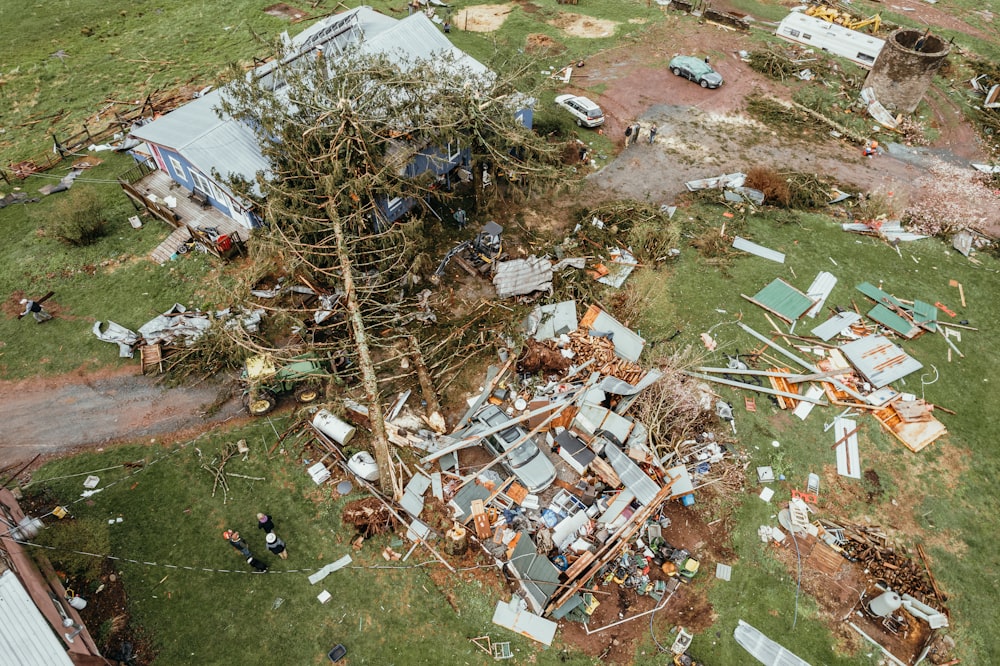In Mexico Beach, Florida, hurricanes are more than just occasional natural occurrences; they’re powerful forces that shape the community’s landscape and resilience.
Situated along the Gulf Coast, Mexico Beach faces the constant threat of hurricanes due to its coastal location.
These storms, with their devastating winds and torrential rains, can leave a lasting impact on the area’s infrastructure, homes, and natural environment.
Understanding the history of hurricanes in Mexico Beach is crucial for residents and visitors alike, as it provides insights into the potential risks and consequences associated with these formidable weather events.
Join us as we delve into the rich history and enduring spirit of Mexico Beach in the face of nature’s most formidable challenges.
Key Takeaways
-
- Hurricanes pose a significant threat to Mexico Beach, Florida, due to its coastal location, emphasizing the need for preparedness and awareness among residents and visitors.
-
- Hurricane Michael, which hit Mexico Beach in October 2018 with wind speeds up to 160 mph, left a path of destruction, highlighting the importance of evacuation procedures, emergency planning, and community resilience.
-
- Understanding the history of hurricanes in Mexico Beach can better equip residents and officials to prepare for future storms, mitigate potential impacts, and build a more resilient community.
-
- The impact of hurricanes on Mexico Beach includes devastating consequences like property damage, flooding, and loss of life, highlighting the importance of effective evacuation, preparedness, and community resilience strategies.
-
- Mexico Beach residents displayed remarkable strength and determination in rebuilding and restoring their community after Hurricane Michael, showcasing the power of resilience in the face of natural disasters.
-
- For more information on hurricane preparedness, historical data, and community resilience resources, visit authoritative sources such as the National Hurricane Cjoin, Florida Division of Emergency Management, American Red Cross, and FEMA.
Overview of Hurricanes in Mexico Beach Florida
In Mexico Beach, Florida, hurricanes are a common and significant threat to the community due to its coastal location.
The region’s susceptibility to hurricanes highlights the importance of preparedness and awareness for residents and visitors similar.
Hurricanes in Mexico Beach can cause devastating impacts, including widespread damage to infrastructure, homes, and natural environments.
Understanding the history of hurricanes in the area can provide useful ideas about the potential risks and consequences associated with these powerful storms.
One notable hurricane that made landfall in Mexico Beach, Florida, was Hurricane Michael in October 2018.
With wind speeds reaching up to 160 mph, Hurricane Michael was one of the most intense storms to hit the region, leaving a trail of destruction in its wake.
The aftermath of Hurricane Michael highlighted the importance of proper evacuation procedures, emergency planning, and community resilience in the face of such natural disasters.
The Impact of Hurricanes on Mexico Beach Florida
In examining the impact of hurricanes on Mexico Beach, Florida, we see a history of devastating consequences.
Hurricane Michael, the most recent major storm to hit the area in October 2018, serves as a stark note of the region’s weakness to these natural disasters.
The hurricane made landfall with wind speeds of 160 mph, causing widespread destruction to homes, businesses, and infrastructure.
Communities in coastal areas like Mexico Beach are particularly susceptible to the destructive forces of hurricanes.
The storm surge, intense winds, and heavy rainfall associated with hurricanes can lead to flooding, property damage, and loss of life.
In the case of Mexico Beach, the aftermath of Hurricane Michael left the area in ruins, requiring extensive rebuilding efforts and long-term recovery plans.
When was the last Hurricane to Hit Mexico Beach Florida?
Hurricane Michael, which made landfall in Mexico Beach, Florida, on October 10, 2018, was the most recent hurricane to delargeate the area.
The impact of Hurricane Michael was catastrophic, with wind speeds reaching up to 160 mph, causing widespread destruction to homes, businesses, and infrastructure in Mexico Beach.
Following Hurricane Michael, the community of Mexico Beach faced significant tough difficulties in terms of recovery and rebuilding.
The aftermath of the hurricane highlighted the importance of emergency preparedness, evacuation procedures, and resilience in coastal areas prone to such natural disasters.
Community Resilience in Mexico Beach
To understand the resilience of Mexico Beach, Florida, in the face of devastating hurricanes like Hurricane Michael, it’s super important to recognize the community’s remarkable strength and determination.
Despite the immense tough difficulties posed by natural disasters, the residents of Mexico Beach have shown incredible resilience in rebuilding their homes and livelihoods.
In the aftermath of Hurricane Michael, which struck in October 2018 with wind speeds reaching 160 mph, Mexico Beach faced unprecedented destruction.
The storm left a trail of delargeation, causing immense damage to infrastructure and properties.
Now, the community’s response to this catastrophe was nothing short of inspiring.
Amid the wreckage, we witnessed the unity and resilience of Mexico Beach residents as they came hand-in-hand to support each other, rebuild their community, and restore hope.
The determination and spirit displayed by the people of Mexico Beach exemplify the strength and resilience that define this coastal town.
In times of crisis, communities like Mexico Beach demonstrate the power of resilience, emphasizing the importance of preparedness, recovery efforts, and community support.
By learning from experiences and working hand-in-hand, Mexico Beach continues to strengthen its resilience to future natural disasters, ensuring a safer and more secure environment for its residents.
